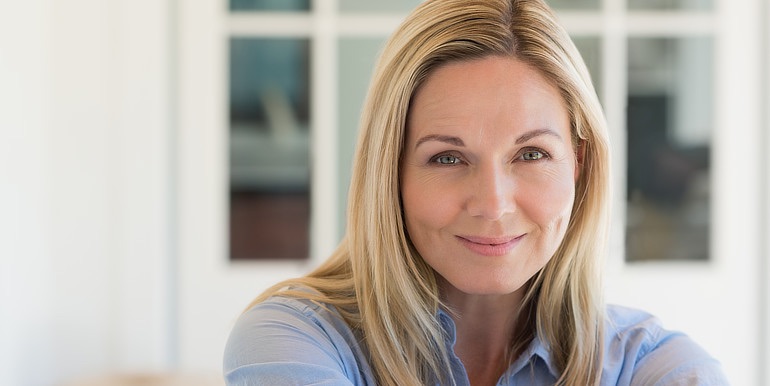Over-50s still face cervical cancer risk
11. 05. 2009 | Cancer Research UK
A new study published by the Institute of Cancer Research (ICR) has provided support for continuing cervical screening beyond the age of 50 [1].

Image credit: shutterstock.com
In England, women are invited for cervical screening every three years between the ages of 25 and 49, and every five years between the ages of 50 and 64.
The reduced frequency of screening among over-50s reflects the fact that cervical cancer becomes slightly less common in this age group and some experts have even suggested that the upper age limit for the NHS Cervical Cancer Screening programme should be lowered.
However, the latest study in the British Journal of Cancer found that screening continues to identify abnormalities in over-50s, even if the screening tests they had in their 40s came back clear.
The researchers studied a group of 57,000 older women, all of whom had at least two negative screening tests in their 40s and a further test over the age of 50 between 1988 and 2003.
Lead author Dr Roger Blanks revealed that nearly two thirds of serious pre-cancerous 'CIN 3' abnormalities currently detected in over-50s would be undetected if screening for this age group was halted.
Significantly, the study only looked at people from Berkshire, Oxfordshire, Somerset and Dorset, all of which have lower-than-average rates of cervical cancer. This suggests that on a nationwide scale, the rate of missed cervical abnormalities among unscreened over-50s would be even greater.
"This study will inform the discussion about whether or not to continue screening of women over the age of 50 with a prior history of negative screening tests," said Dr Blanks.
"It shows that the NHS Cervical Cancer Screening is continuing to benefit older women."
Dr Blanks conceded that the benefits of screening over-50s need to be weighed against the possible downsides, which include over-diagnosis, unnecessary anxiety and financial costs.
However, he concluded that while the risk of developing cervical cancer drops slightly as women get older, "the evidence shows that the risk of not detecting cancer or extensive pre-cancerous conditions justifies ongoing screening for this age group".
He added: "Long-term follow-up of this cohort study will enable further analysis of women with negative histories and help us determine if there are potentially very low risk groups for whom further screening may not be necessary."
Health minister Ann Keen welcomed the new research and said that it confirms the value of screening women up to the age of 64.
"The cervical screening programme in England is a great success, it is internationally recognised as world class and saves up to 4,500 lives every year," she revealed.
The majority of cases of cervical cancer occur in women who are infected with the human papillomavirus (HPV), which is a common sexually transmitted infection.
Dr Anne Szarewski, clinical consultant for Cancer Research UK, said: "We know that sexually transmitted infections are rising at a faster rate in people over 45 than in any other age group. It is likely that this reflects rising divorce rates, with new relationships being formed later in life.
"We know that screening saves lives - this message has been loud and clear for younger women in recent months. But screening is important for women of Jade Goody's age through to women in their 50s and 60s, so go for a smear test when invited."
Dr Szarewski added: "This large study adds to the recent evidence that women over 50 should continue to be screened, as they continue to be at risk of developing cervical cancer."
Reference
- Blanks RG, Moss SM, et al. Risk of cervical abnormality after age 50 in women with previously negative smears. British Journal of Cancer 2009. doi: 10.1038/sj.bjc.6605069
Keywords: cervical cancer, cervical cancer screening



